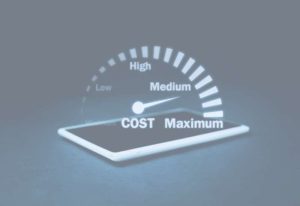
Enterprise Resource Planning (ERP) systems are software applications that help businesses manage their resources, processes, and data. In the food industry, ERP systems can be particularly useful in streamlining operations, ensuring compliance with regulations, and improving food safety.
Here are some ways ERP systems can benefit the food industry:
- Inventory management: ERP systems can help businesses manage inventory levels, track expiration dates, and monitor food quality. This can help reduce waste, improve supply chain management, and ensure compliance with food safety regulations.
- Production management: ERP systems can help businesses optimize production schedules, manage recipes and formulas, and track batch and lot numbers. This can help increase efficiency and ensure consistent product quality.
- Quality control: ERP systems can help businesses track and analyze quality control data, such as inspections, testing, and audits. This can help identify trends and areas for improvement, leading to increased food safety and compliance.
- Traceability: ERP systems can help businesses track ingredients and finished products throughout the supply chain, enabling rapid and accurate recall management in case of a product recall.
- Cost management: ERP systems can help businesses manage costs, including labor, materials, and overhead. This can help identify cost-saving opportunities and improve profitability.
In conclusion, ERP systems can be a valuable tool for the food industry, helping businesses improve operations, ensure compliance with regulations, and enhance food safety. By implementing an ERP system, businesses can streamline inventory and production management, improve quality control, enhance traceability, and manage costs.




